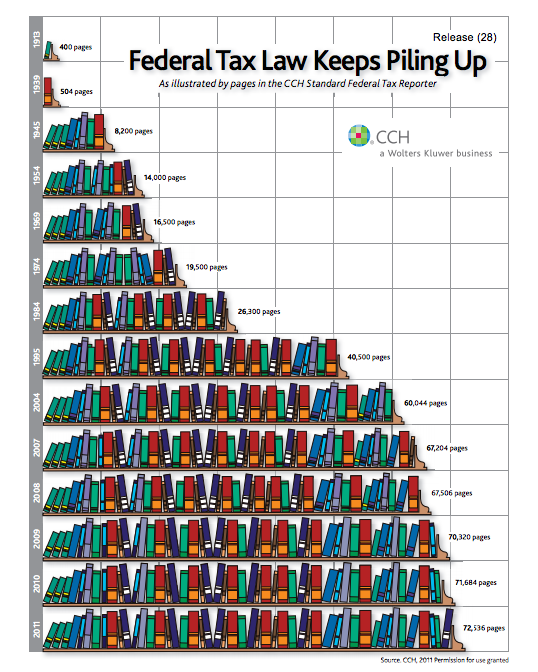Lots of upset recently about money in politics, probably related to two recent Supreme Court decisions, Citizens United and McCutcheon. Most of the comment is about spending by corporations and wealthy individuals; and most of it comes from the left. For example, Senator Bernie Sanders on 4/2/14: “Freedom of speech, in my view, does not mean the freedom to buy the United States government…What world are the five conservative Supreme Court justices living in?…To equate the ability of billionaires to buy elections with ‘freedom of speech’ is totally absurd. The Supreme Court is paving the way toward an oligarchic form of society in which a handful of billionaires like the Koch brothers and Sheldon Adelson will control our political process.”
It’s an even race
But what’s the beef? Democrats do well in the money race. According to the New York Times, in the 2012 presidential campaign the Obama campaign received 8% more than the Romney campaign. Alongside corporations and individuals, labor unions are also political spenders. Their contributions go unmentioned, and almost all of the union money goes to Democrats. According to the Wall Street Journal, from 2005 through 2011 unions spent $4.4 billion dollars on political activity: $3.3 billion in spending reported to the Labor Department, plus another $1.1 billion reported to the Federal Election Commission. The union money goes heavily to Democrats (92/8), while spending by corporations splits more evenly (55/45). I can’t find a clear comparison of union versus corporate political spending, but a Washington Post column discussing 2010 filings reports unions outspending corporations seven to one.
It’s self-defence
Why the surprise about all the money flowing into politics? For some, this money is self-defense. If groups and individuals had no need to push back against government interference in their affairs, the motivation to spend would be less. The US tax code grows on a path that seems geometric. See this handy chart from the tax services firm CCH:

Growth in federal regulations follows the same trend. The Federal Register publishes government agency rules and public notices. In 1936, it was 2,620 pages. In 2012 it was 78,961 pages. That’s a thirty-fold growth over 76 years.
Go ahead, ban spending
So if you totally ban spending on campaigns, what does that get you? The pain that motivates campaign spending has not gone away, so the money will just find a different path to influence, and the money flows will probably be harder to see and control.
Paths to influence
Take a look at four ways money is used today for political influence.
1. Donations to candidates and parties. For example, your $25 to a Seattle city council race.
2. Donations to politically active non-profits, like the NRA or Planned Parenthood.
3. Direct spending, like get out the vote spending, Michael Moore and his movies, or Tea Party ads on TV.
4. Lobbying. This is where it gets tricky. Consider how it is that legislators in D.C. get so wealthy so quickly. Consider all the money that goes to lobbying firms, and how many former legislators and staff go into lobbying when they retire from elective politics.
If the utopian ideal of publicly-financed, money-free elections is achieved, the money forced out of elections will go into lobbying. And we won’t be able to track it. If a congressman’s sister gets a first in line spot on an IPO, or a staffer’s cousin gets a great price when they sell their house, how do you identify that as quiet influence on legislative language? You can’t shut the money off, you can only force it underground. No, we’re much better off allowing the money to flow openly in elections.
The bottom line…
• Candidates on the left and right each have their own favorite sources of cash, and neither party seems to have much of an advantage.
• Leave the spending out in the open where it contributes to the debate and can be monitored. If we limit the spending without changing the pain that motivates it, the spending goes underground. Choose your poison.
Good article John. You identified union spending as a significant counterweight to the conservative donors, but I didn’t see much mention of George Soros, Jeff Bezos, Michael Bloomberg, Steven Spielberg and all the other big money lefties who make the big contributions. Moreover, the imbalanced reporting of news in the mass media, and the biased delivery of entertainment from virtually all the Hollywood producers combine to make the relative pittance pulled together by a few conservative donors a mere drop in the bucket.